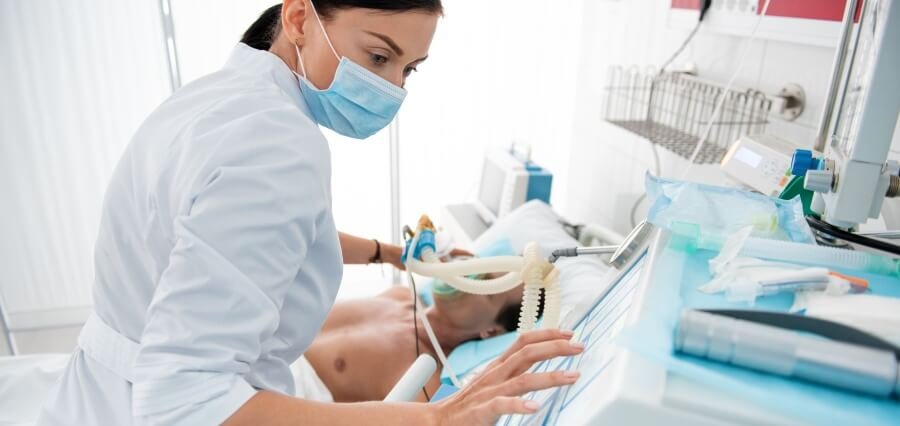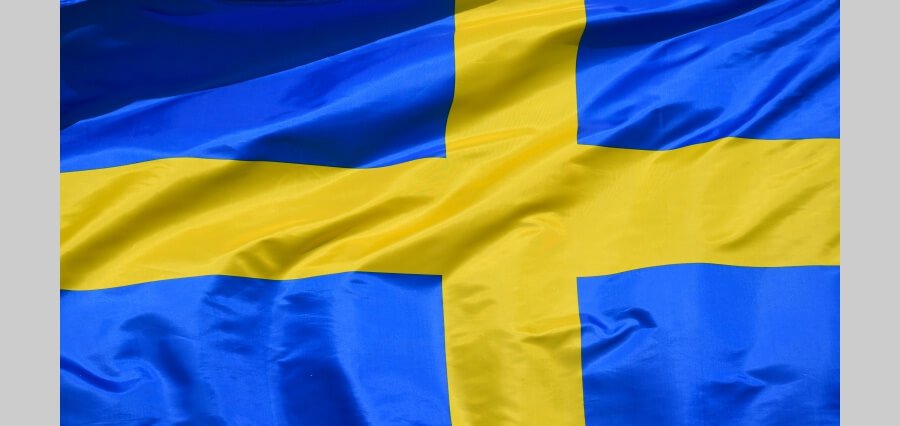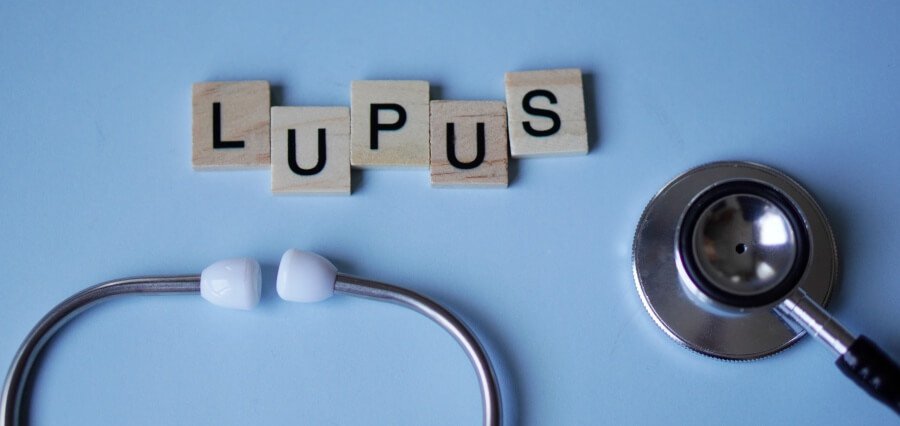Air pollution has been associated with approximately 1,400 premature deaths annually across the country, according to an estimated projection made by a respiratory physician-and this exceeds seven times the number of road fatalities recorded last year. Speaking at the Lung Cancer Screening Workshop held earlier last month at the Johnstown Castle Estate, Wexford, Professor Marcus Kennedy of Cork University Hospital talked about the urgent lung disease screening needed to solve the alarming statistic.
He also pointed out that the European Union has been campaigning to have screening for lung cancer introduced in all its member states when the UK has already taken such measures. “Apart from prevention through clean air legislation, lung screening is the next step toward ensuring a decrease in morbidity and mortality,” Prof. Kennedy said.
And to me, he is the president of the Irish Thoracic Society and has recently been advocating for a national lung cancer screening program targeting those 55 to 75, who have a significant smoking history-specifically, a pack a day for 30 years or are current smokers-using low-dose CT scanning to detect these cancers early, because early detection definitely improves treatments.
Indeed, Prof. Kennedy understood the opportunities presented by delays for symptomatic patients in health care but believed that public health programs need to be prioritized. As he said to me, “A crucial step toward reducing a common cause of asthma is ensuring clean air,” indicating personal and workplace action is required to achieve this.
Ahead of World Lung Day on Wednesday, he pointed out that approximately 380,000 people in Ireland live with COPD, or chronic obstructive pulmonary disease, and that 450,000 have been diagnosed with asthma. Every year, around 2,700 new cases of lung cancer are reported. Sufferers from lung conditions are exposed in particular to air pollution, which could cause aggravation of symptoms, increase hospital visits, and risk of mortality.
Orla Veale, an executive of the Irish Thoracic Society, said that secondhand smoking can be competing as a threat equal to air pollution. People living near busy roads are exposed to the same health hazards as those who involuntarily smoke up to ten cigarettes a day.
In addition, exercise is also advised to reduce the risks but not during rush hour or near heavy traffic. They should also maintain a safe distance from roads and intersections. In addition, they should also use fuel-efficient automobiles, turn off the engine when stationary, slow down the speed, and service their cars well in order to minimize the levels of pollution.
Read More: Click Here





